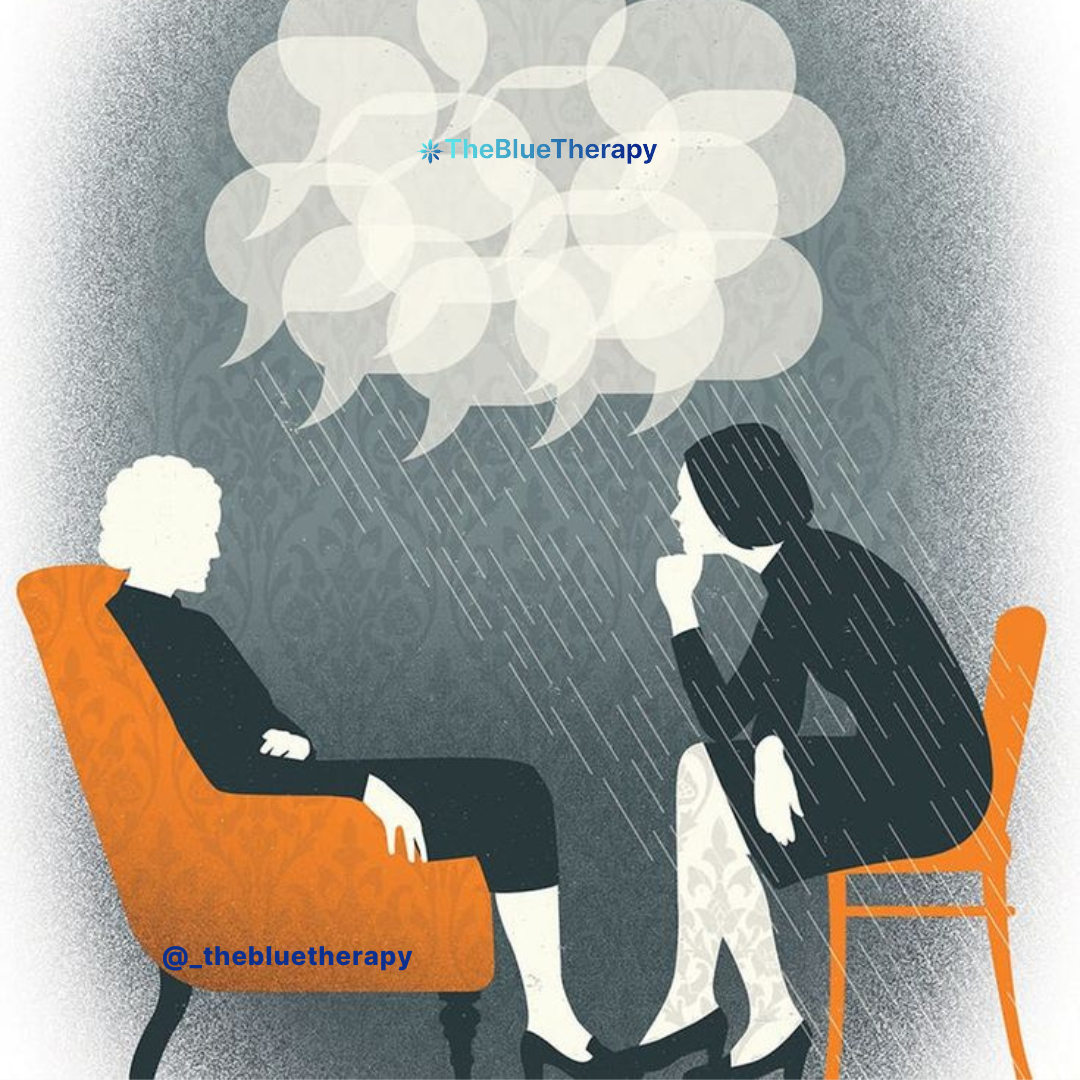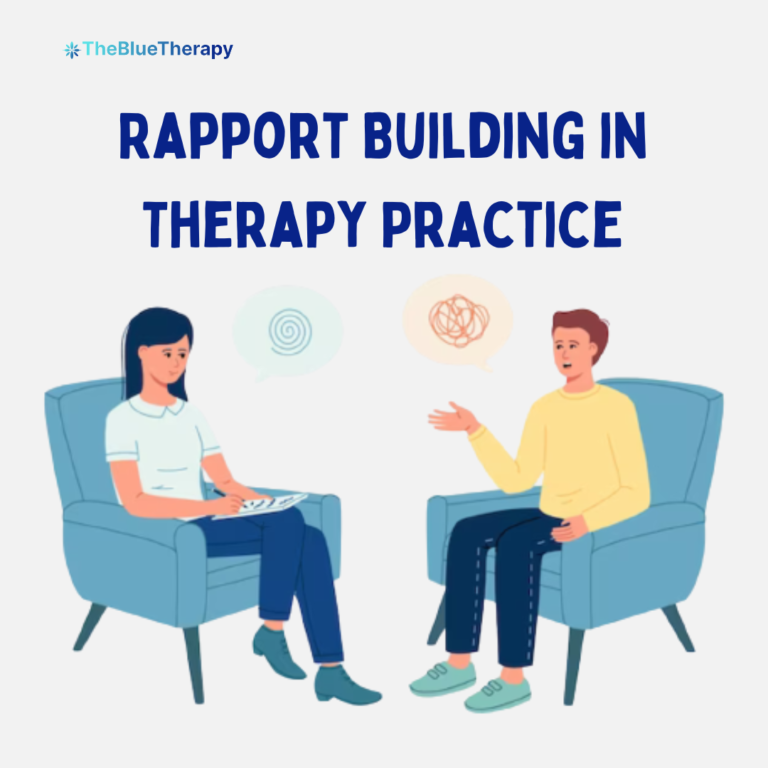7 Reasons Why Your Therapist May Not Offer Direct Advice
Imagine pouring out your worries to a friend, hoping for a definitive answer. But instead, they ask thought-provoking questions and encourage you to find your own path. That is also the essence of therapy.
Therapy is a collaborative and dynamic process that empowers individuals to navigate their own issues, develop self-awareness and also make informed decisions. The process is centred around their personal growth, self-discovery, and empowerment.
Therapists are neither fortune tellers nor are they mind readers and they cannot always tell you exactly what to do.

While it’s natural to seek quick fixes from your therapist, understanding the reasons behind their approach to not telling you what to do is crucial.
There are several reasons why your therapist might not give you direct advice:
1. Therapists are NOT supposed to give advice
Therapists are available to provide a safe and supportive space for you to explore your own thoughts and feelings. They help you identify your own goals and values, and to develop the necessary skills and strategies you need to achieve them.
2. Therapy is about Empowerment
By guiding you to explore your own feelings, thoughts, opinions and reactions; therapists encourage a sense of personal agency and autonomy. One of therapy’s goals is to help clients uncover their own insights and solutions. Therapists want you to feel empowered and take an active participation in your personal healing journey. By engaging in open-ended discussions, therapists encourage clients to tap into their inner wisdom and discover the best course of action for themselves.
3. Therapists Foster Independence and Responsibility
Therapy is about helping you become independent, self-sufficient and self-trusting. Dependence on external pieces of advice usually can hinder personal growth. By not giving advice, therapists often encourage you to take responsibility for your actions and make your own choices. Although this can seem daunting, ultimately it is also very empowering.
4. Therapy Aims to Build Long-Term Coping Skills
Not only do therapists aim for long-term growth, but also ensure that you can handle future difficulties independently as well. When clients arrive at their own conclusions, they are more likely to feel accountable for their decisions. This enhances the likelihood of positive outcomes.
5. Therapy Encourages Effective Communication
Effectively communicating difficult concerns with partners, family members, or colleagues can help clients be resilient in the face of adversity. Learning how to navigate difficulties independently builds confidence and inner strength. Therapists encourage clients to self-introspect by asking thought-provoking questions. This leads to a deeper understanding of oneself and the situation.
6. Therapists are NOT experts on everything
Just because a therapist is trained in providing mental health counselling, doesn’t mean they are experts on every matter at hand. Everyone is different, and what may work for you may not work for someone else. If you’re looking for a piece of specific advice, it’s important to let your therapist know.
7. Therapists DON’T tell you what’s right or wrong for you
Life is quite unpredictable and solutions that work in one scenario might not apply to another. No therapist will ever tell you what’s right or wrong for you; instead, they will guide you to develop healthy coping mechanisms. They are trained to help people explore their thoughts, feelings, behaviours, and opinions. A client and a therapist work together to co-create solutions that resonate with your unique needs and values.
Conclusion
While getting direct advice may seem really attractive, therapy’s true power lies in your own growth, understanding and empowerment. With your therapist’s emotional support, you learn to navigate challenges, uncover solutions, and build inner strength; making you resilient as well as independent in the long run!
A therapist’s greatest hope is when you finish therapy work with them, you will start trusting yourself more and become better when it comes to handling problems in your life.
Ready to embark on your journey of self-discovery? Find a therapist who can guide you on this empowering path!


